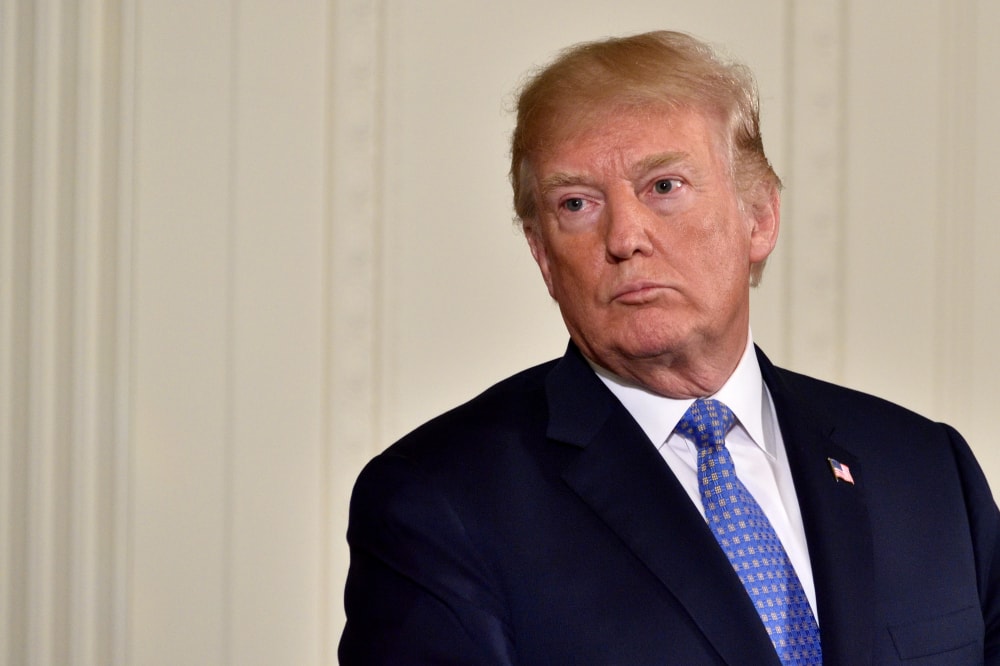This Independence Day, let’s put taxpayers and troops before war spending
With Independence Day around the corner and appropriations underway, one can expect many politicians to call for more Pentagon spending as a patriotic duty.
However, patriotism consists of more than empty gestures or spending more money on wars. It’s about keeping our country free and safe. This includes keeping taxpayers free from unnecessary spending and keeping troops safe from unnecessary harm. In the aggregate, Pentagon spending is shrinking as a share of the national budget and has been doing so for decades. But that’s mostly because other spending is going up even faster.
Domestic, mandatory spending, especially related to Social Security, Medicare, and Medicaid, combines with interest spending for well over 50% of the 2021 budget and counting. Meanwhile, even modest, bipartisan proposals to reform social spending can expect to receive massive resistance. Some liberal politicians and activists are unconcerned, saying we can simply increase taxes to cover these shortfalls if needed. That is a mathematically impossible strategy. Many conservatives, conversely, say they are concerned but act as if they are not.
The biggest example of this phenomenon is the “see no evil” approach to the largest item of discretionary spending. America’s experiences in Afghanistan and Iraq are good case studies in what happens when endless spending enables endless adventurism. Massive amounts of taxpayer cash have been sent to engagements that have ended in a trillion-dollar stalemate.
The fastest way to cut Pentagon spending in the short term is to reduce unnecessary military engagements. America spent trillions in an Afghan war that began when its youngest war fighters were not yet born. Historians will debate whether we should have stayed and what a successful two-decadeslong strategy might have looked like. Certainly, a 20-year engagement that is likely to end with the Taliban reclaiming a good deal of previous power is not it.
Rethinking overseas engagement leads to a secondary, long-term spending reduction: cutting the number of brave service members who need care after being mentally or physically injured by war. From 2006 to 2018, scandals plagued the Department of Veterans Affairs. Regardless of party and leadership, the agency has been overwhelmed by injuries sustained by service members in Iraq and Afghanistan. Veterans often waited as long as three months to be seen during the Obama and Trump administrations. Hundreds of veterans died as they waited to receive care.
This year, the VA has requested a $270 billion budget for 2022 — a 10% bump that may well be important for meeting needs but tens of billions more than would be needed if America’s political leadership had put more attention toward keeping service members safe by being more judicious about overseas engagements.
Another way to protect lives and treasure is by improving military efficiency before entering the battlefield. Legislators have a duty to avoid cost boondoggles proactively, such as the F-35. Riven by development challenges, the fighter jet still costs $36,000 per hour to fly. Another example of waste is the so-called Pentagon “wish lists,” or items desired by the service branches that are funded separately from the normal strategic planning process.
These items have crept back into annual budgets, rising from just over $3 billion annually after former Defense Secretary Robert Gates discouraged their practice to about $18 billion this year. Instead of working within massive budget limits allowed by Congress’s annual military budget, military leaders seek additional funding for individual projects even before spending all of the money already approved.
By proactively addressing these problems and insisting on smart, responsible spending at the Pentagon, legislators can show they are serious about doing right by the military and taxpayers alike. This Independence Day, there is no better way to keep people free to live better than to rethink what it means to spend patriotically on the military.








